When there is pain, there are no words. All pain is the same
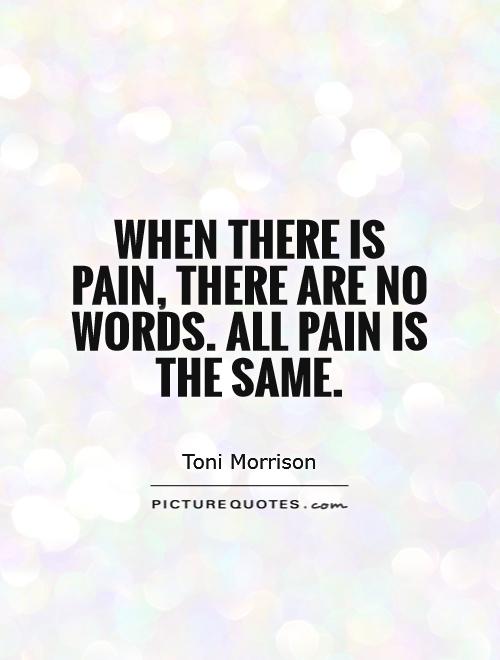
When there is pain, there are no words. All pain is the same
Toni Morrison, the renowned American novelist and Nobel laureate, is known for her powerful and evocative exploration of the human experience, particularly the experiences of African Americans. In her works, Morrison delves deep into the complexities of pain, trauma, and suffering, shedding light on the ways in which these experiences shape and define individuals and communities.One of Morrison's most famous quotes is, "When there is pain, there are no words. All pain is the same." This statement encapsulates the profound understanding Morrison has of the universal nature of pain. Regardless of race, gender, or background, pain is a deeply human experience that transcends boundaries and connects us all. In her novels, Morrison vividly portrays the various forms of pain that her characters endure, whether it be physical, emotional, or psychological. Through her rich and lyrical prose, she captures the raw and visceral nature of pain, allowing readers to empathize with her characters and their struggles.
Morrison's exploration of pain is not limited to individual suffering; she also examines the collective pain of marginalized communities, particularly African Americans. In works such as "Beloved" and "The Bluest Eye," Morrison delves into the legacy of slavery and racism in America, exposing the deep wounds that continue to haunt and shape the lives of her characters. Through her vivid and haunting portrayals of trauma and suffering, Morrison challenges readers to confront the painful realities of the past and present, and to reckon with the ways in which these experiences continue to impact individuals and society as a whole.
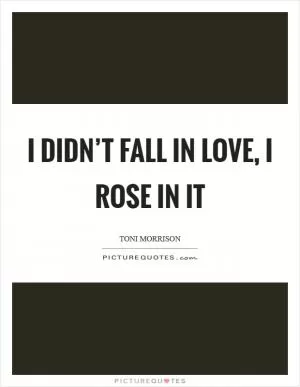
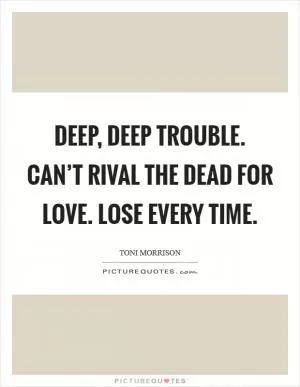
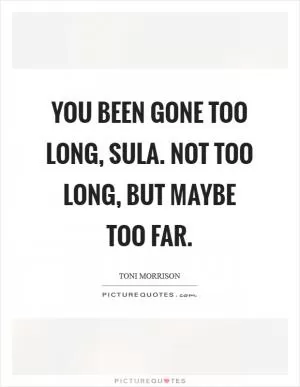
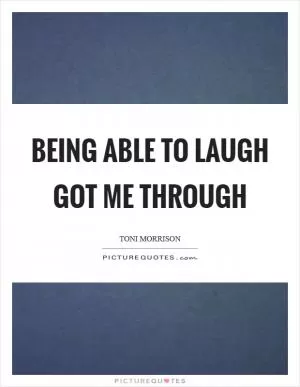

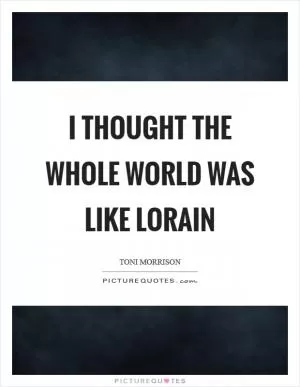
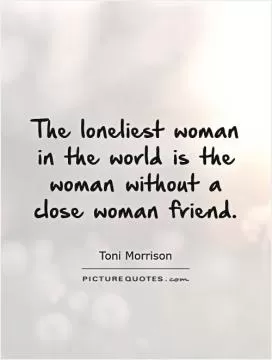

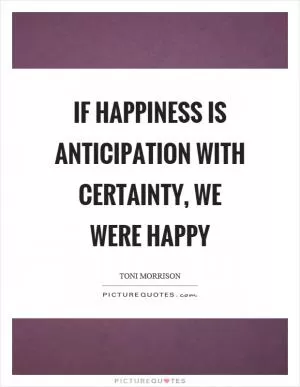
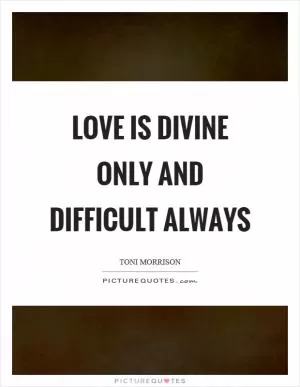

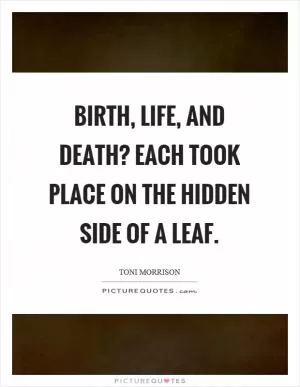
 Friendship Quotes
Friendship Quotes Love Quotes
Love Quotes Life Quotes
Life Quotes Funny Quotes
Funny Quotes Motivational Quotes
Motivational Quotes Inspirational Quotes
Inspirational Quotes